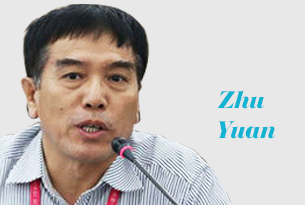Tsai should clarify position on cross-Straits ties
By Dennis Hickey (China Daily) Updated: 2015-09-17 07:45Tsai's policy toward the mainland is important to Americans because the US is Taiwan's primary security partner and the only country that "might" provide it with military support in a crisis. Whether or not Tsai adopts a vague position toward other issues would be her concern. But her approach to the mainland should concern all Americans - especially the US president.
No one knows which DPP will emerge after the election - the irresponsible party that seeks to provoke the mainland or the new "subdued" party that looks a lot like the KMT. And this is precisely why the Obama administration ought to be nervous.
Public opinion polls conducted by the Chicago Council on Global Affairs in 2014 reveal that an overwhelming majority of the American public (71 percent) opposes sending troops to defend Taiwan.
Unfortunately, it is unlikely that Tsai will state plainly how she plans to approach relations with the mainland before the January election. Political analysts speculate that any answer will cost her votes. So, ambiguity does have its advantages.
But the global community will rest easier if Tsai can make one unambiguous pledge. During an interview with CNN's Christiane Amanpour in May 2010, Ma Ying-jeou, then Taiwan leader, promised that, "we will never ask the Americans to fight for Taiwan".
Given the stakes involved, Tsai might be asked to make the same vow. Of course, she could "flip flop" on the issue later. But the largely symbolic move might help reassure Washington and Beijing that the DPP really has morphed into another KMT as claimed by its lobbyists - one might even call it "KMT light."
The author is distinguished professor of Political Science and director of the Graduate Program in Global Studies at Missouri State University. He is not affiliated to any party or organization in Taiwan, and the opinions expressed in the article are his own.











